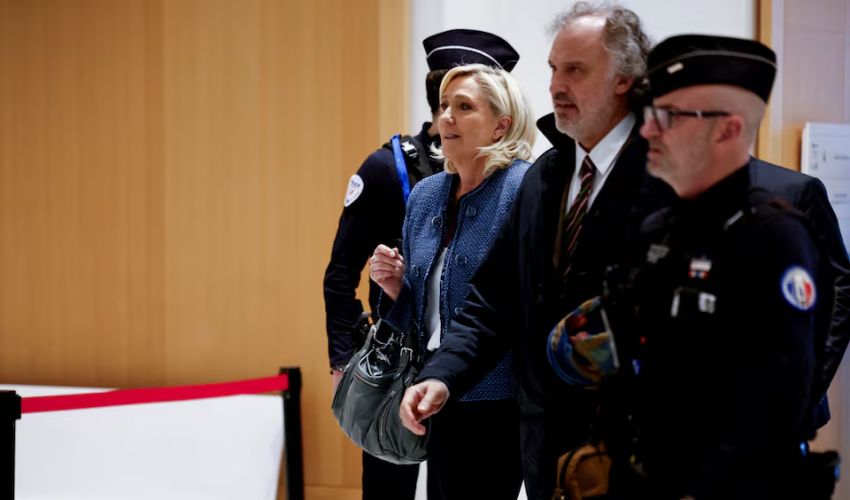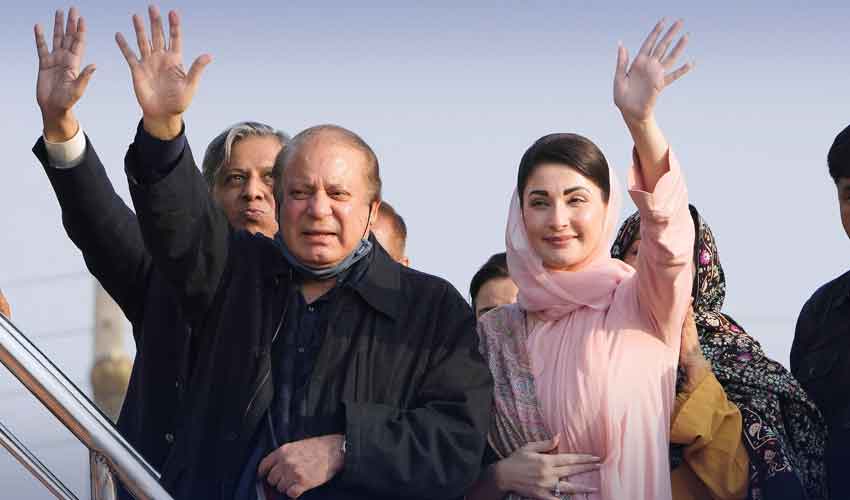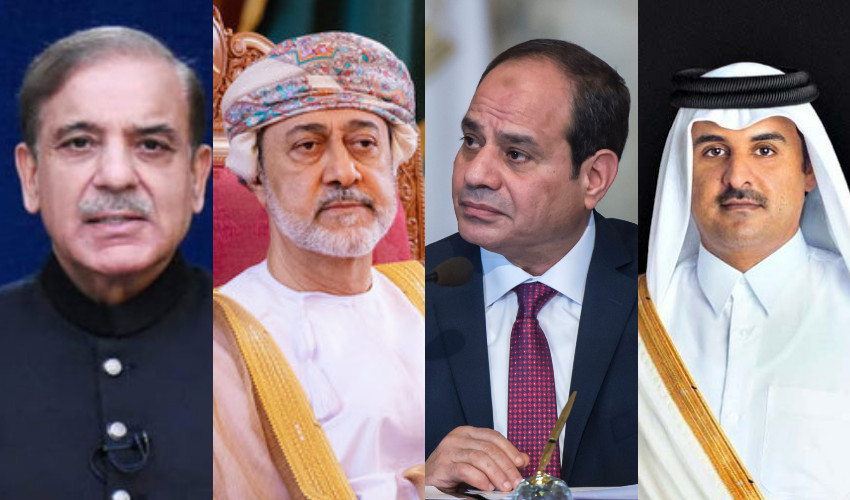Canadian Prime Minister Mark Carney has said that the longstanding economic and security relationship between Canada and the United States has effectively ended, following Washington’s imposition of new tariffs on imported vehicles and parts.
Speaking to reporters in Ottawa after a cabinet meeting on Thursday, Mr. Carney stated that Canadians must “fundamentally reimagine” their economy in response to US President Donald Trump’s latest trade policies.
Mr. Trump announced on Wednesday that the US would impose a 25 per cent tariff on imported vehicles and vehicle parts, declaring: “This is permanent.” The new duties, set to take effect on April 2, are part of a broader trade dispute that has already seen heavy tariffs imposed on Canadian steel and aluminium exports.
Retaliatory measures
Mr. Carney, leader of the ruling Liberal Party, confirmed that Canada would introduce retaliatory tariffs designed to have a “maximum impact” on the US economy.
“The original Canada-US Automotive Products Agreement, signed in 1965, was the most important trade deal of my lifetime,” he said in French. “That agreement is now finished with these tariffs.”
He added that Canada would sustain its auto industry despite the US restrictions, provided that both the government and business community take proactive steps to “reimagine” and “retool” the sector.
He emphasised that Canada must build an economy that it can “control,” while reassessing its trade relationships with other global partners.
The Canadian government has already imposed counter-tariffs worth C$60 billion ($42bn) on American goods, a measure that is expected to be expanded in response to the latest trade restrictions.
Escalating tensions
On Thursday morning, President Trump issued a warning to Canada and the European Union against forming a trade alliance against the United States. “If the European Union works with Canada in order to do economic harm to the USA, large scale Tariffs, far larger than currently planned, will be placed on them both,” he wrote on his Truth Social platform.
Mr. Carney revealed that President Trump had reached out on Wednesday night to schedule a phone call, which is expected to take place within the next two days. If it proceeds, this will be the first direct conversation between the two leaders.
Meanwhile, Pierre Poilievre, leader of Canada’s opposition Conservative Party, criticised the new US tariffs as “unjustified and unprovoked.” Jagmeet Singh, leader of the left-leaning New Democratic Party (NDP), echoed similar sentiments, describing the US move as a “betrayal” of a close ally.
Speaking in Windsor, Ontario—an auto manufacturing hub bordering Detroit—Mr. Singh stated that any car company relocating production from Canada due to tariffs should be barred from selling vehicles in the country.
With a general election set for April 28, both the Liberals and opposition parties have adjusted their campaign strategies to focus on the unfolding trade crisis.
Impact on North American trade
The US imported approximately eight million vehicles last year, accounting for $240 billion in trade. Canada ranks as the fourth-largest supplier of cars to the US, following Mexico, South Korea, and Japan.
Mexican President Claudia Sheinbaum refrained from commenting directly on the tariffs but reaffirmed Mexico’s commitment to defending its economic interests. “Of course, there shouldn’t be tariffs,” she stated, citing the North American free trade agreement that was renegotiated under Mr. Trump’s first term.
Ms. Sheinbaum added that Mexico would announce a formal response to the US measures on April 3, a day after they take effect.



























